"One of the most important issues multinational companies face today is the pressure to reduce their carbon footprint. A few years ago, we decided to meet the challenge head-on, we re-examined every single process, material, and facility across the company's operations," says Haim Rosenblum, Marketing Manager at Hishtil. The company propagates seedlings, young plants, herbs, ornamentals, and vegetables. It has 21 hectares of production nursery in Israel, and 35 hectares in international joint ventures in Italy, Spain, Bosnia, Turkey, South Africa, the USA, and Mexico. In this article, Haim shares some of the measures that Hishtil has taken to reduce their environmental impact.
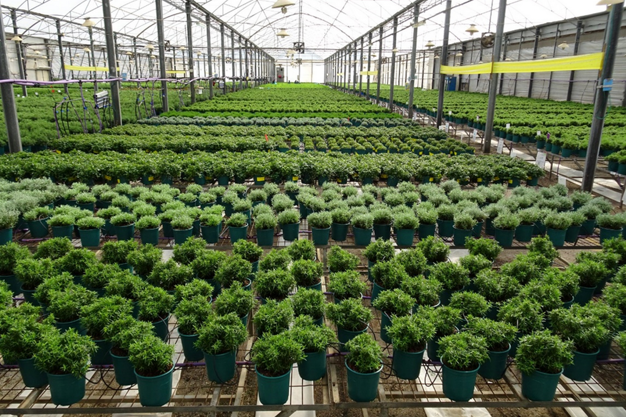 Stock plants nursery in 'Gderot', Israel
Stock plants nursery in 'Gderot', Israel
Natural gas heating, solar energy, and hot water as alternatives
One of the measures that Hishtil adopted is a policy seeking to reduce emissions and energy consumption: "Reducing emission and energy consumption could only be achieved by searching for clean and friendly alternative sources of energy, materials, and production technologies. Our production facility in Ashkelon switched to natural gas heating, achieving enormous savings in fuel oil.
Another measure that was carried out in the last two years at the Ashkelon site are the solar energy panels on the roof of the warehouses and other structures. It generates almost enough electricity to operate all of the nurseries' dispersed facilities. In addition, Hishtil's Afula nursery switched to heating its greenhouses with hot water from a neighboring factory, which is then re-circulated. This process results in double savings: First, we no longer need to consume new energy for heating. Second, the plant next door saves the energy required to cool the water. The best part is that these enormous savings in fuel results at nearly zero cost," Haim comments.
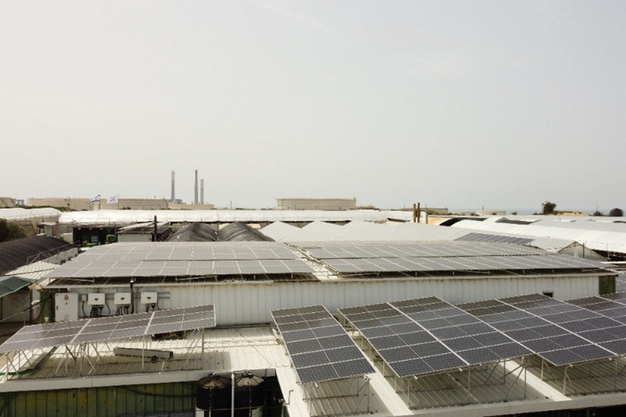
Solar Energy Panels at the Ashkelon nursery
"Furthermore, Hishtil switched from diesel to electricity in the tray washing and disinfection machines to reduce pollution.Similarly, we decided to use a precision climate control system, energy-efficient air blowers, electric forklifts instead of diesel-powered equipment, and Hybrid and electric vehicles in the company fleet," he adds.
Towards recycled materials
Hishtil also decided to transition to recycled materials for plastic planting pots and trays. In addition, the company is using carriers and cages that are transported back-to-back from the customers for repeated use instead of packaging in cartons. Haim explains: "Hishtil is committed to the Environmental Social Governance (ESG) policy, as reflected in a comprehensive approach to sustainability, emphasizing recycled packaging materials and production means. All waste produced on-site is collected, separated into different categories, and centrally transferred for recycling. Even the packaging materials used for trade shows, transportation, delivery, and display of products, are all biodegradable, recycled, recyclable, or reusable." 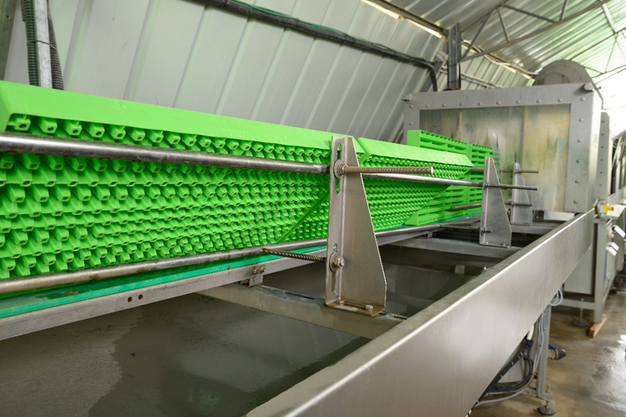
The Limex rinsing and disinfecting machine, designed for repeated cleaning of plastic trays
The Durabello series
Another measures taken by Hishtil is the development of a plant range that aims to help customers to confront climate change while going greener at home. These Durabello series are designed to grow under arid conditions. Haim states: "Global warming is the cause of many negative phenomena, such as desertification, extreme climate change, and natural disasters. For this reason, Hishtil is focused on introducing innovative products that are more resilient to changing conditions. We are developing horticultural solutions to meet the changing needs of our customers. Our goal is a greener future."
Digitalization
Customers and suppliers visiting Hishtil's stand at IPM Essen 2024 trade show could no longer find Hishtil's latest annual printed catalog, as the company switched to a digital catalog. "The digital catalog is only one step in our overall shift towards increased digitalization. We also switched from printed media to online advertising. Moreover, we increased our activity on social networks as well as our email marketing campaigns. Through these measures we want to reduce our paper usage to the bare minimum. We believe that every action counts," Haim says.
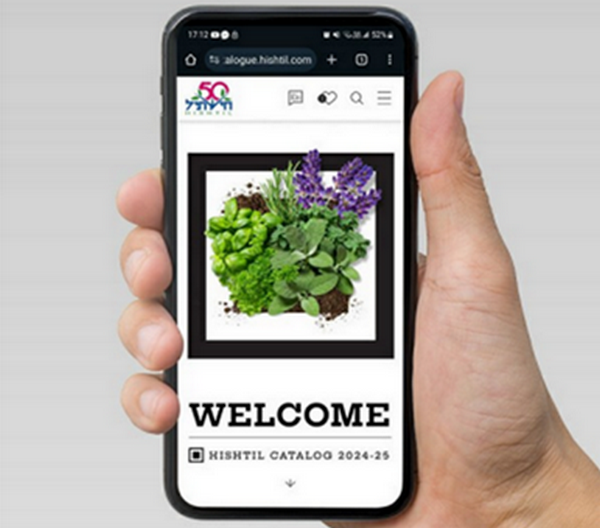 Hishtil's new digital catalog
Hishtil's new digital catalog
Haim concludes: "Hishtil is not only addressing the immediate challenges of sustainable horticultural but hopes to pave the way and inspire other industry partners to follow this path for a greener future in the field of agricultural production."
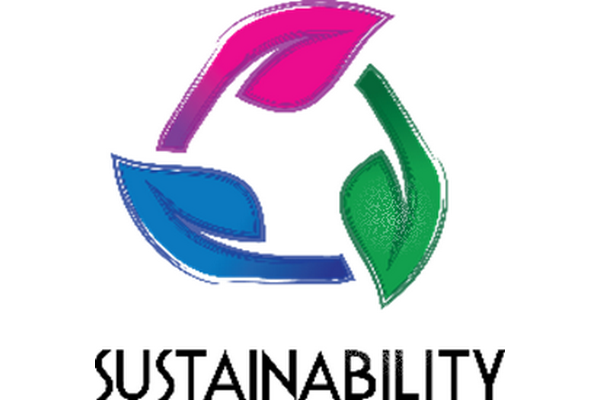
For more information:
Hishtil
https://www.hishtil.com
[email protected]
